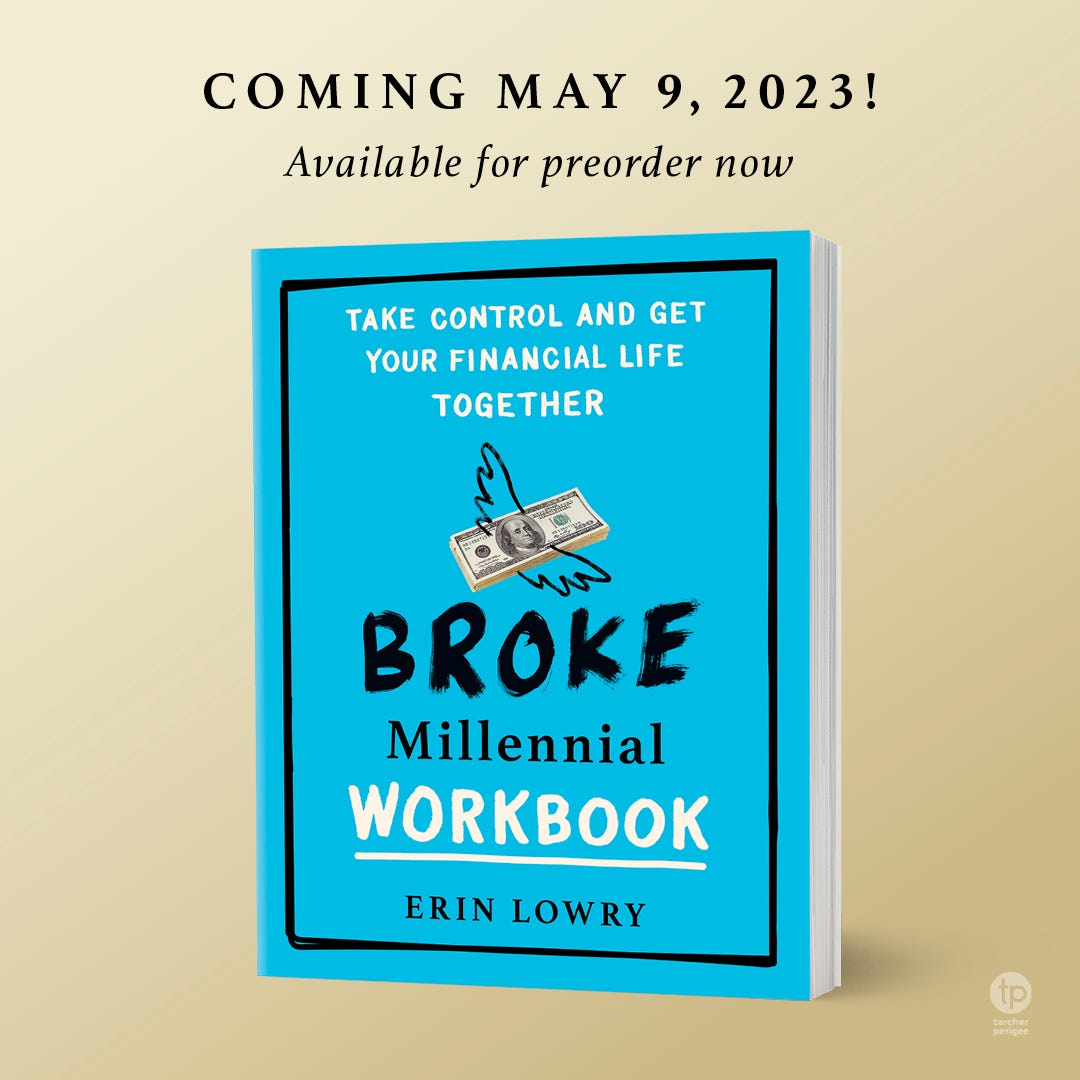How much do I need to retire?
Figuring out the amount you need to have stashed away in order to retire.
“How much do I need in order to retire?”
One of the best examples of why there isn’t a one-size-fits-all solution to this question. The answer is: It depends.
Oftentimes you’ll read answers that claim to know how much you need. $1 million is a commonly cited number, but that won’t be enough for a lot of people to comfortably live on for a couple decades (and I’ll explain why soon). Instead, it depends on your answers to a few questions:
What is your desired, but realistic, lifestyle expectation?
Where do you want to live and what’s the cost of living?
At what age do you want to retire and how many years do you guess you will live beyond retirement? (A little dark, I know, but your mortality plays a role in the “how much is enough” equation.)
There are so many other questions that can factor in, but these three help to form a framework upon which to build a baseline when you’re fairly young and likely a few decades away from retirement.
Retirement “Rules of Thumb” to Utilize
Everyone loves a rule of thumb and often wants to be able to apply one to their own financial situation. So, fine, I’ll cave and give you two rules of thumb.
Multiply by 25
The concept is exceeding simple. You determine how much you need each year in retirement to maintain your lifestyle and multiply that by 25. That’s the total nest egg you need to comfortably retire. It does require you put some thought into the costs you anticipate in retirement (housing, insurance, food, medicine, etc) and the type of lifestyle you want to live.
For example, you believe that $80,000 would be enough to cover the lifestyle you want to live. ($80,000 x 25) = $2 million.
You’d need $2 million in a retirement fund in order to comfortably retire.
But wait, there’s more! (Read that with the cheesiest infomercial voice.)4% Withdrawal Rule
The multiply by 25 rule is built upon the concept of that you can safely withdrawal 4% of your retirement nest egg each year and you won’t outlive your money. Or rather, it likely would last you about 30 years, which means you hopefully won’t live thirty years after retirement… Yikes! You might want to boost the sum if you plan to retire early or have exceedingly good genetics.
It’s critical you understand that the 4% withdrawal rule is based on the assumption that your money, or at least a good amount of your retirement account, is invested and earning an average 7% or 8% in returns. If this money is simply in savings, then the rule doesn’t apply because it’s not compounding and growing in a way that is likely to keep pace with how much you’re withdrawing.
Here’s the 4% Rule in practice.
You have $1 million in your 401(k). You can apply the safe withdrawal rate (SWR) of 4%. ($1,000,000 x 0.04) = $40,000. You can live off $40,000 every year and have enough to sustain for 30 years.
Here’s why I struggle with the common advice to have $1 million. $40,000 likely won’t be enough for a lot of folks, especially young Gen X and Millennials to live a comfortable lifestyle in retirement, especially as purchasing power erodes over the coming decades.
To reverse it, let’s apply the Multiply by 25 rule to this annual stipend.
($40,000 x 25) = $1 million. As you can see, these two rules of thumb actually feed off each other.
These aren’t ironclad rules
There are arguments that say the 4% rule is a bit too conservative and people can generally use 5%. Then there are arguments that recommend young Gen X and Millennials may want to use 3.5% or 3% as a SWR when running their numbers in order to be more conservative and hedge against inflation in the future.
The goal is to not run out of money in retirement, which means you need to be careful early on about not taking out more than you need or trying to delay when you actually need to start withdrawing from your retirement accounts. But frankly, you won’t really know the best strategy until you’re much closer to retirement and know the economic climate of the day, including if Social Security is available to subsidize some of your monthly income.
Those who planned to retire in 2022 may have delayed in order to avoid taking money out during a down market cycle. Or perhaps they shifted to part-time or found other work to subsidize their monthly budget and minimize how much needed to come out of retirement funds.
Your retirement nest egg is a goal that should be routinely evaluated as your life changes, but it’s certainly a situation in which it’s better to be over prepared than under. Starting early (or just now) and being consistent with investing for retirement is one of the strategies to set your future self up for success.
Other posts about retirement:
Another guide to help you prepare for retirement
(with exercises you can customize to your situation).
The workbook includes exercises to help you figure out how to set your own retirement goals and understanding jargon associated with retirement accounts.
Preorder bonus offers
Limited Edition Offers Exclusively for Newsletter Subscribers
First 25 people to send me proof of preordering can claim a signed bookplate to put in your copy of the Broke Millennial Workbook so it’s an autographed copy. (Only available for the US and Canadian residents due to mailing costs)
First 150 people who preorder will be submitted into a lottery to win a 30-minute chat with me! 3 winners will be chosen. We can talk about whatever money questions are on your mind. ($500 value)
First 500 people who preorder will be submitted into a lottery to be upgraded to a paid subscriber* for a year and get the Friday newsletter and access to all archives. 5 winners will be chosen. ($60 value) *Only available to currently free subscribers. Current paid subscribers will get your own special bonus announced in a future newsletter.
How to claim your bonus
Send proof of your preorder to info@brokemillennial.com. The lottery will be on a first come, first serve basis so act ASAP. I will do the drawing for winners on May 10, 2023 – the day after the book publishes and preorders are confirmed.
Where you can preorder
Amazon • Bookshop.org • Barnes & Nobles • Powell’s Indie Bound • Hudson Booksellers • Books-A-Million • Your local bookstore






Hi Erin! I have a question and would love to get your opinion on it. I am a minimalist and and trying my best to convert to being a eco-minimalist. (Someone who combines both minimalism and commits to buying only earth-friendly products when possible.) There is much debate about whether or not these lifestyles are expensive and how doable they really are. That being said, what do you think? Do you think its smarter (financially) to live more intentionally as an minimalist and/or an eco-minimalist or do you think living this way means this community will need more to retire? Thank you for your time and I look forward to hearing your answer. :)